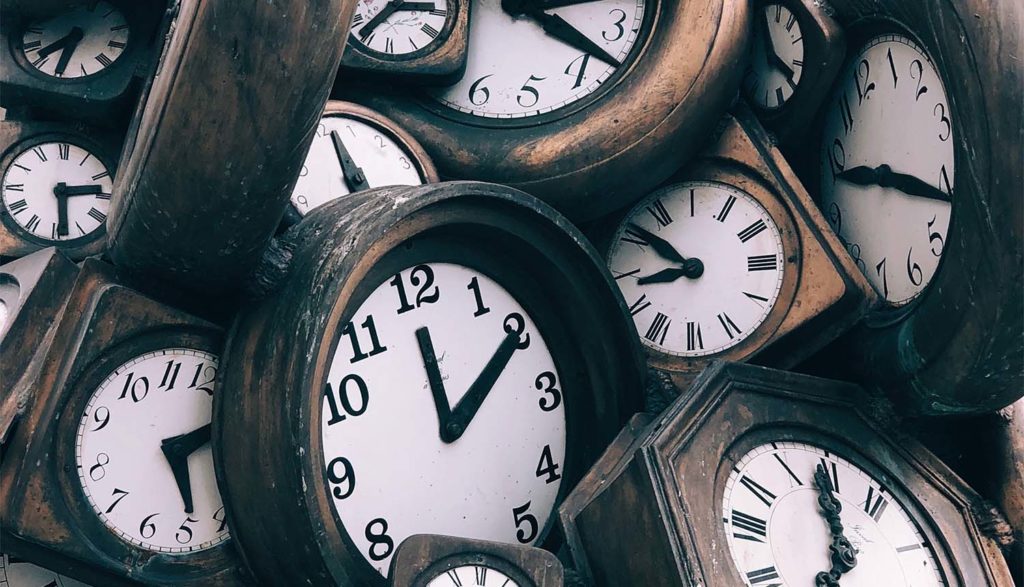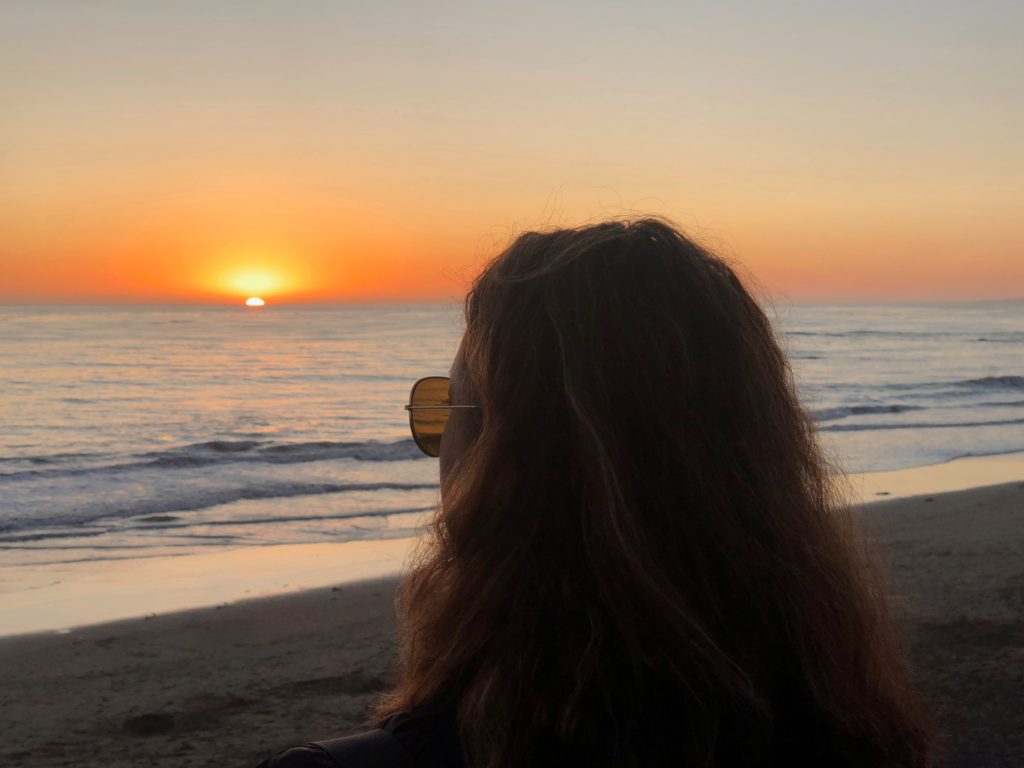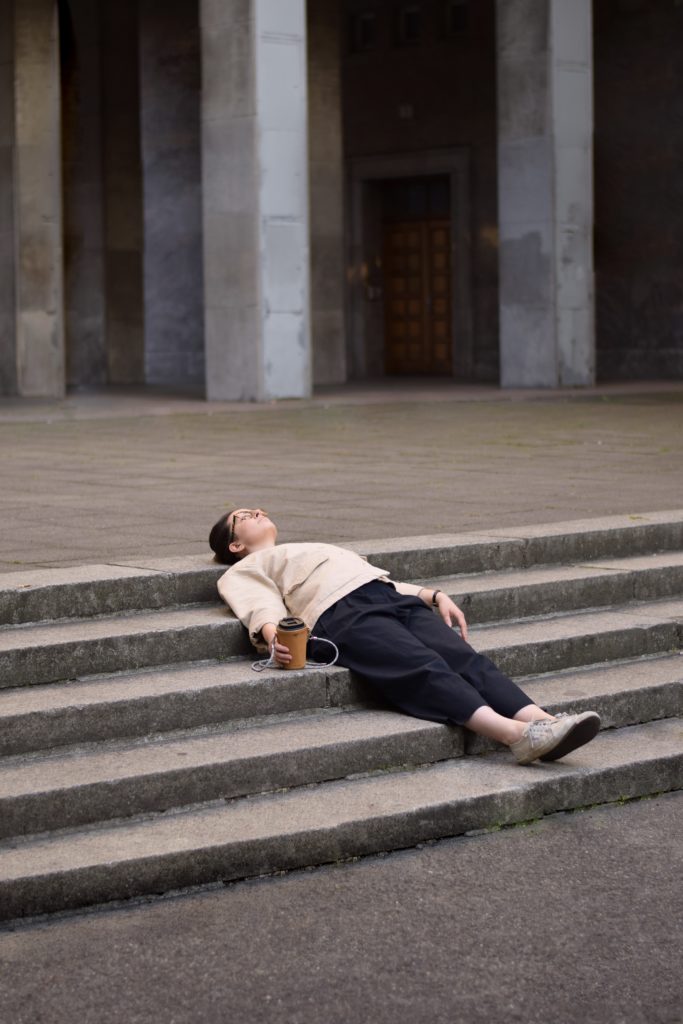There’s a certain technique for overcoming problems that gamers have known about for a very long time: If you face a tough challenge in a game that you can’t overcome … just take a break. I can’t tell you the number of times I’ve stepped away from a seemingly impossible game task only to have some bright solution pop up in my brain a bit later without even trying.
Well, as kids return to school, chances are some will be facing plenty of difficult problems in the weeks and months ahead. And it turns out that taking a short break is a great way to help your brain learn new skills, too. A brand-new study conducted by the National Institutes of Health has determined that giving your brain short breaks from a task—even as little as a 10-second rest—gives that amazing organ nestled in our noggins a chance to replay and work through important details of the information we were focused on.
That’s sort of like sending your brain off to get some processing out of the way while you grab a snack and stare at the sunset for a bit. In fact, the study suggested that you learn or memorize faster, or work your way through problems more quickly, with brief breaks rather than without them. And those short rest periods—what the study called “wakeful rest”—actually can be more effective than a full night’s sleep.
The study, published in Cell Reports, claimed that the study of the benefits of wakeful rest could well open the door to answering all sorts of questions about the brain and how it helps us connect learning links to things like learning a new language or learning to riding a bike. The study could even help give doctors info on how to help people rehabilitate, too.
“In the end, understanding features of wakeful replay important for skill learning could lead to the optimization of therapy schedules or identification of better brain stimulation strategies aimed at enhancing rehabilitation outcomes after brain lesions like stroke,” said Dr. Leonardo G. Cohen, senior investigator at NIH’s National Institute of Neurological Disorders and Stroke.
For us, though, it’s just cool to know that taking brief breaks from our learning or working grind can actually help us learn or work better.
In other words, it’s break time!
Feel good about it.









Recent Comments